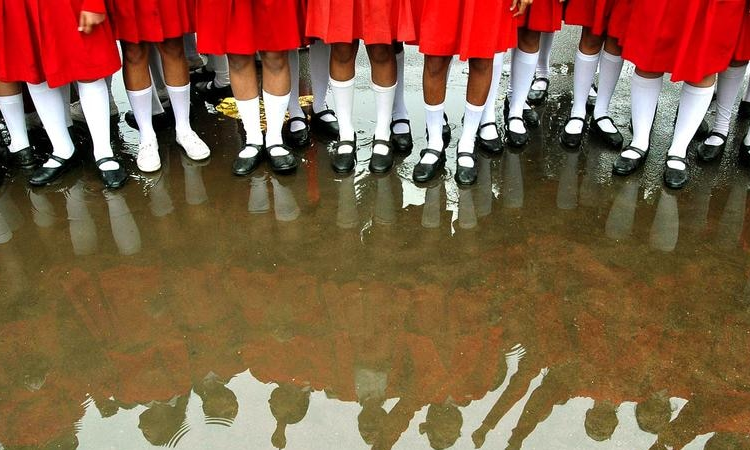The Gujarat High Court's recent 15-page order proposing to prohibit social exclusion of women based on their menstrual status at all private and public place sets out the ways in which Menstruation has been understood by the Society and across religions. The Plea before the CourtThe Bench of Justice J. B. Pardiwala and Justice Ilesh J. Vora was hearing public interest litigation...

